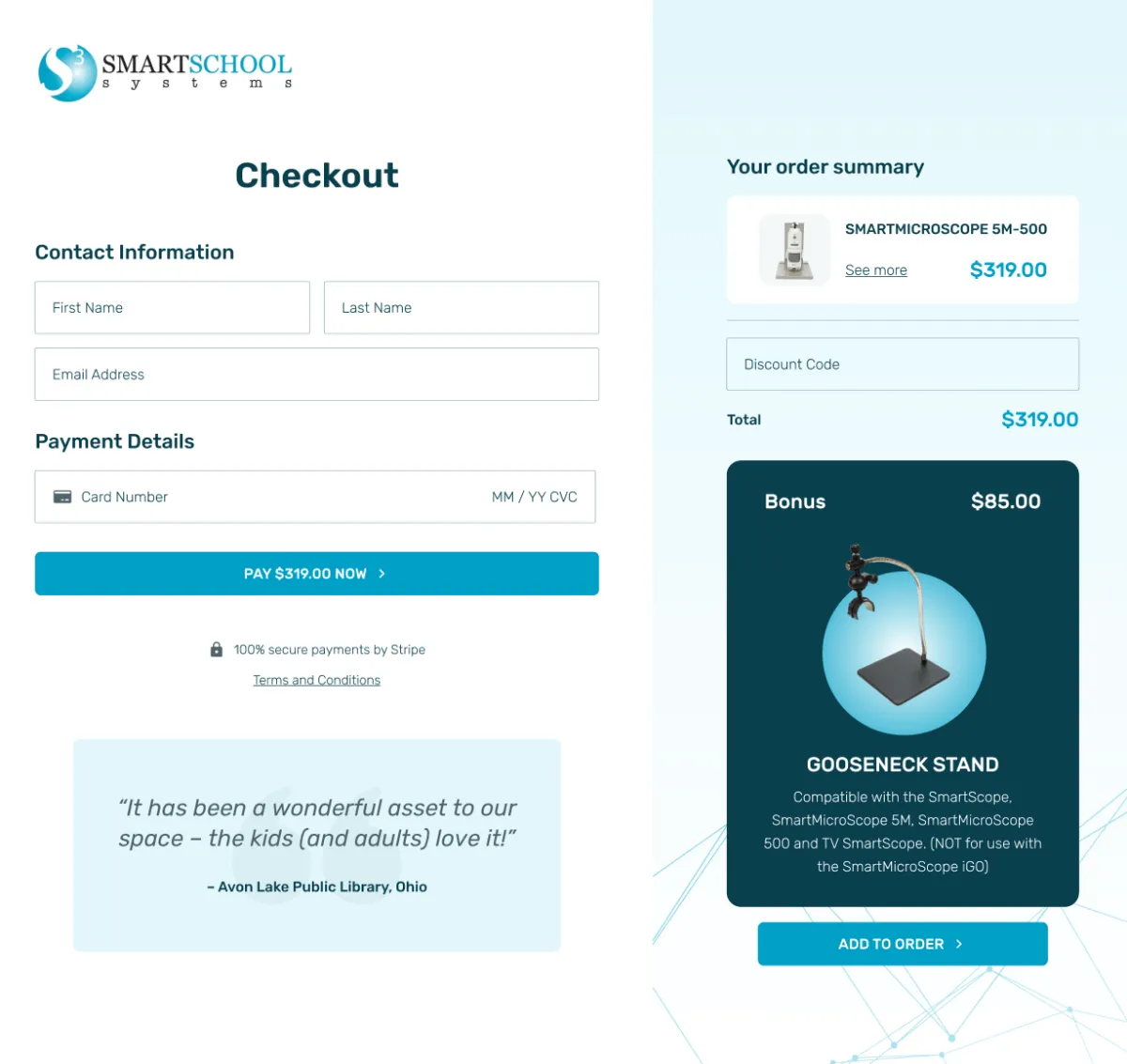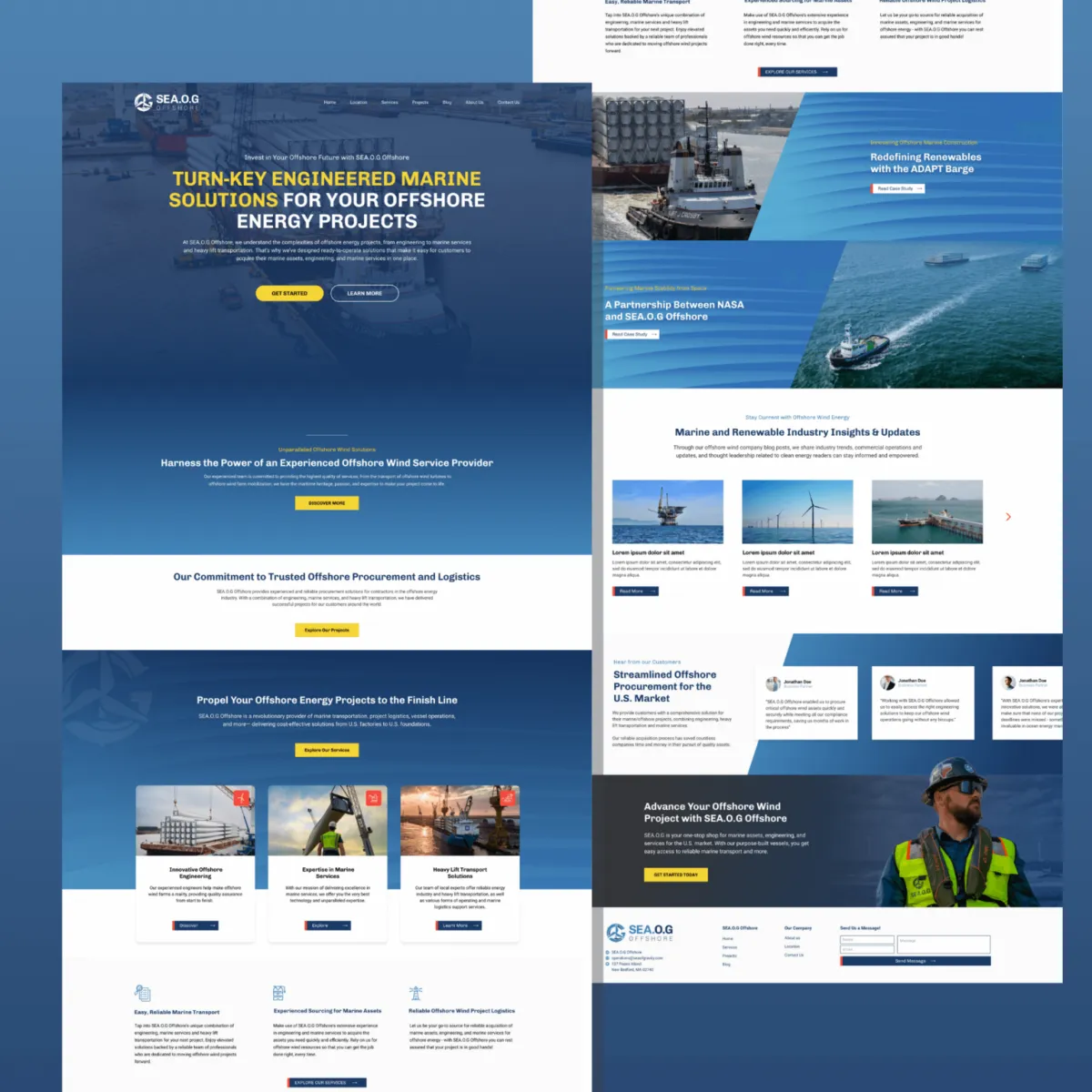
Questions? +1 (281) 771-0405
See a Return On Your Marketing Spend...
Struggling to Drive Results? Discover a More Effective Way to Grow Your Business.
You've got a business to run, clients to keep happy, and endless to-do lists. The last thing you need is marketing that feels like rocket science. That's why we're here. With us, marketing isn't complex—it's simply effective.

Get My Customized Marketing Plan👇
Your personalized blueprint to marketing success
Marketing Made Easy in Three Simple Steps

1. We get to know your business
Once we know who we're talking to, we'll run all our data collection tests, research your business, and its competitors and compile it for your reference.

2. Get a unique plan for your needs
We'll put together a unique, custom-tailored plan for you. Then, we'll jump on a call and show you the best way to maximize what you have, without dedicating cash to frivolous services.

3.Sit back and watch us drive results
If you choose to move forward with our plan, and don't want to do it yourself. Our "Done-For-You" team will get to work on implementing the strategy. These usually last 6 months, or longer.
Experience success in numbers.
Our Track Record Speaks for Itself
Our past clients have seen incredible success, and it's no accident. Our tailored approach to marketing is designed to give your business exactly what it needs to grow.

Streamlined acquisition, consistent lead generation, PPC Advertising
1. Sustainable Lead Generation for a Technology Consultant
Problem: Multiple marketing directors had left one-after-another leading to poorly documented and tangled processes.
Solution: We provided website design and development, hosting, maintenance, ongoing analytics services, a custom CRM integration (HubSpot), social media management, resource library and blog creation, SEO, and PPC management.
Results:
✅ Generated a consistent 60 leads month-over-month
✅ Attracted 4,000 unique monthly visitors
🚀 Decreased the average cost per lead by almost 400%
Looking to streamline your marketing and drive lead cost down? Get a customized marketing plan today!
Long-form SEO, Targeted PPC (Google and Facebook)
2. Driving PPC Results for an Online E-Commerce Store
Problem: After the sudden death of the owner, this B2B technology wholesaler/distributor needed help generating more RFQs and online orders.
Solution: We provided website hosting, maintenance, PPC management, and SEO Content.
Results:
✅ SEO efforts attracted an average of 30,000 viewers / month
🚀 Drove 15 sales per month with an avg order value of $800
Ready to leverage SEO and PPC to boost your sales? Claim your free marketing plan to learn more.


Strategic marketing, Targeted SEO, Ranking for industry keywords.
3. Relaunching A Marine Engineer & Service Provider
Problem: A maritime engineering and logistics service provider needed a fresh web presence in preparation for a service overhaul. They had a limited budget and relied on referrals, personal connections or trade shows to win business.
Solution: We provided website design and development, hosting, maintenance, ongoing analytics services, a custom CRM integration, SEO content writing, and a project showcase.
Results:
✅ Dominated search engine results for "Offshore Wind"
✅ Saw 500 searches / mo by the 2nd month (from ground zero)
🚀 Received two $700,000+ inquiries via their website
Want to see similar results? Claim your free marketing plan today.
Geotargeted keywords, cost-effective, modern stack.
4. Expansion for a Customs Broker and Freight Forwarder
Problem: A B2B Customs Broker and Freight Forwarder wished to rebrand their image, moving from servicing the Alcohol, Wine and Spirits vertical into the Defense industry
Solution: We provided website design and development, hosting, maintenance, ongoing analytics services, a custom CRM integration (HubSpot), GDPR compliance measures, social media management, and a project showcase.
Results:
✅ Launched a 30-page website in less than 2 months
✅ Traffic skyrocketed 20x to 2,000 uniques/mo
🚀 Generated 30 new inquiries every single month
Want to refresh your brand and explode your organic traffic? Get your free marketing plan today!


"We desperately needed a new website and within a few short months, without surprises, without delays and alongside talented, service minded professionals we now have a beautiful website that highlights the very best of our people and company! We recommend them unconditionally!" - Terri Bartle, Vice Chairman of the Board
We're on a Mission to Simplify Marketing
Bridging the gap between businesses and effective marketing.
At our core, we believe that effective marketing shouldn't be complicated. We're here to strip away the jargon and buzzwords and deliver a marketing system that's easy to understand and works for your business.
Your marketing journey, guided by firsthand experience.
Why Choose Us for Your Marketing Needs?
Hi, I'm Taylor Wise, Owner / Founder here at Wise Growth Marketing.
And just like you, I've tried to navigate the complex world of marketing to grow a business.
In my early days, I was just a photographer selling my art. Through dedication and resilience, I generated a following of 17k+ on Instagram, back when social media was still finding its feet. It was tough, but it was my first taste of marketing success and led to long-term connections I lean on to this day.
Over the past decade, I've been working with business owners like you, helping them understand marketing and build strategies to propel their growth. I've been there with them through the highs and lows of B2B, B2C, and D2C marketing, always learning and refining our approach.
I created this agency with you in mind, using all my years of experience to help you avoid common pitfalls, sidestep marketing overwhelm, and leap straight to success.
We don't just deliver marketing strategies—we partner with you on your business journey, ensuring you get the best possible outcome.
This isn't just about business for me. It's about helping people like you fulfill their dreams, and I would love to be part of helping you make your dreams a reality.

"Doing business is a journey filled with challenges and victories. As a business owner, I know that firsthand. And through our agency, I'm committed to guiding you on this journey, providing you with the marketing strategies and support you need to not just grow, but thrive."
- Taylor, Owner, Wise Growth Marketing
Ready to Transform Your Marketing?
There's no time like the present to start seeing better results from your marketing. Schedule a call today and let's start your journey towards more effective, simpler marketing.
Copyright © 2023 by Wise Growth Marketing LLC
This website is not part of the Facebook or Google websites. Additionally, this site is NOT endorsed by Facebook or Google in any way.
DISCLAIMER: We do not guarantee results and any examples should be considered as exceptional and not typical.